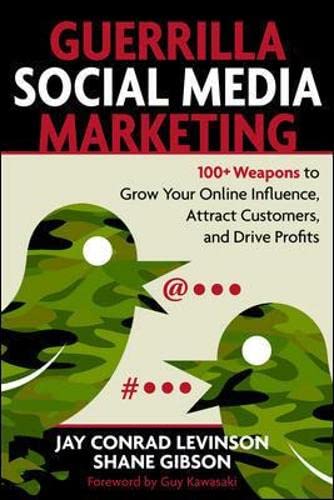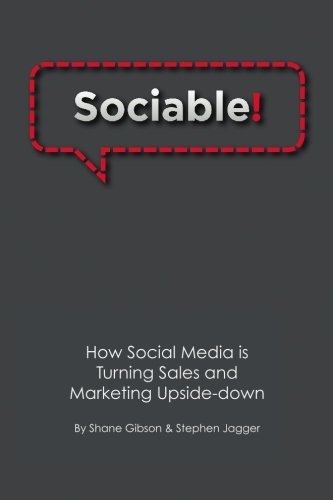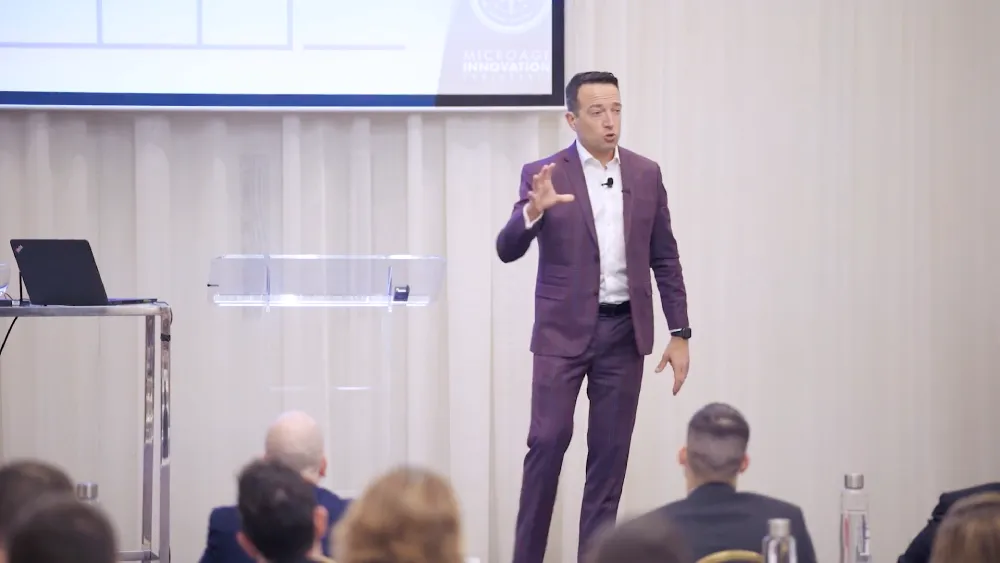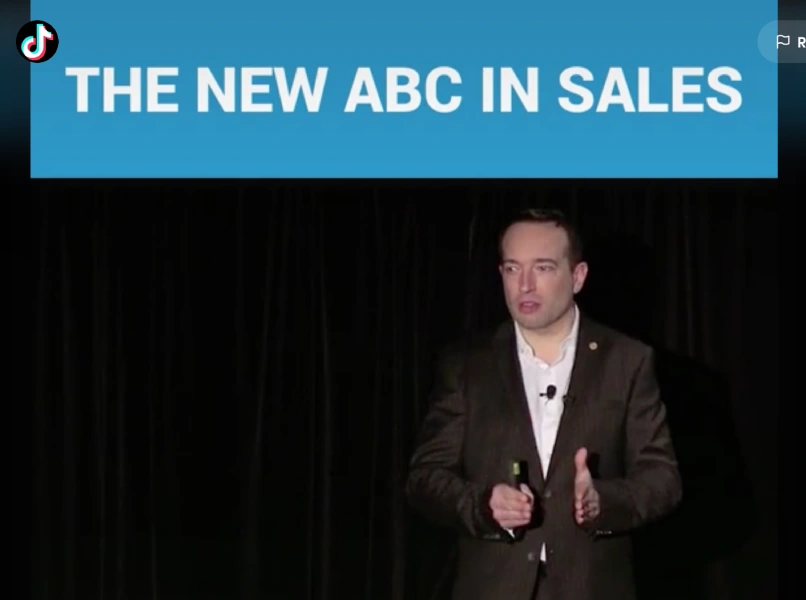Selling in Turbulent Economic Times Blog Part 1
Many sales professionals and entrepreneurs are concerned about how they are going to weather today’s global financial storm. We are clearly in turbulent economic times, but not universally tough times. The rules of the game have changed with the advent of a multitude of shifts including the introduction of disruptive technologies to almost every industry, along with true globalization and the meltdown in the banking sector.
As sales professionals we have to realize that it is not the events in our lives, but our interpretation and response to those events that will impact our level of success. John Maxwell goes further than this to state: “A leader is defined by the size of the crisis.” The core message here is that almost anyone can captain a ship in fair weather, but during a storm or turbulent conditions it becomes obvious which people truly should be wearing the rank of Captain.
As the storm hits the shores of our industries and communities many people will begin to jump ship, looking for safe harbors or metaphorically tying themselves down and just waiting for the storm to pass.
It is impossible to write on this subject without reflecting on the millions of people whose lives have been affected by what is going on in these turbulent economic times. It is equally clear that this is also a time of immense opportunity to define ourselves in this crisis as leaders in our industries and respective professions. You can succeed in this present state. In fact, in many industries this is a time of unparalleled opportunity.
What I do know is that in North America alone there have been major recessions or turbulent times approximately every 7 years since 1900. In each of these instances there were people who panicked, froze, or opted out of society in general and some never recovered. On the other side there were people who prospered; in fact there was more new wealth created coming out of the great depression than any other time in history. If your in the profession of selling, turbulent times can be a gift. This represented a major shift in the world power base from an economic standpoint as well.
Just to illustrate this point here’s a run down of the level of turbulence in the economy over the past 100 years, look at these trends and you decide when the best time to be selling or marketing. I personally think it’s not about the environment but our reaction to it that determines our destiny.
An overview of turbulent times in the past 80 years.
1930’s
1929 Wall Street Crash
1934 Depression
1935 Spanish civil war
1937 Recession
1938 War clouds gather
1939 War in Europe
1940’s
1940 France falls
1941 Pearl Harbour
1942 Wartime price controls
1944 Consumer goods shortages
1945 Post-war recession predicted
1946 Dow tops 200 – “too high“
1947 Cold war begins
1948 Berlin blockade
1949 Russia explodes A-bomb
1950’s
1950 Korean War
1951 Excess profits tax
1952 U.S. seizes steel mills
1953 Russian H-bomb
1954 Dow tops 300 – “too high”
1955 Eisenhower ill
1956 Suez crisis
1957 Russia launches Sputnik
1958 Recession
1959 Castro seizes power
1960’s
1960 Russia downs U-2 plane
1961 Berlin Wall erected
1962 Cuban missile crisis
1963 Kennedy assassinated
1965 Civil rights marches
1966 Vietnam War escalates
1967 Newark race riots
1968 USS Pueblo seized
1969 Markets fall
1970’s
1940 France falls
1941 Pearl Harbour
1942 Wartime price controls
1944 Consumer goods shortages
1945 Post-war recession predicted
1946 Dow tops 200 – “too high“
1947 Cold war begins
1948 Berlin blockade
1949 Russia explodes 70 Cambodia invaded
1972 Record US trade deficit
1973 Energy crisis
1974 Nixon resigns
1977 Market slumps
1978 Interest rates rise
1979 Oil prices skyrocket
1980’s
1980 Interest rates at all-time high
1981 Steep recession begins
1982 Worst recession in 40 years
1983 US Marine barracks bombed
1984 Record federal deficits
1985 Economic growth slows
1986 Dow nears 2000 –”too high”
1987 Record market fall
1988 Junk bond scandal
1989 October “Mini-Crash”
1990’s
1990 Persian Gulf crisis
1992 Riots sweep Los Angeles
1993 Bombing of World Trade Centre
1994 Rising U.S. interest rates
1995 Oklahoma City bombing
1997 Collapse of Thailand economy 1998 US impeachment proceedings
1999 Y2K
2000’s
2000 Internet stocks plummet
2001 September 11
2002 Corporate earnings scandal
2003 Iraq war
2004 Oil price rockets
2005 Oil price rockets further
2006 Emerging market sell-off
2007 Sub-prime crisis
2008 More of the same!
Even with all of the negative news that we have been bombarded by there are still positive things happening in the marketplace. For instance, in Canada there has been a record drop in the currency value and the stock market, yet there were still over 100,000 new jobs created in the same month (September 2008). This is the largest one-month gain since they started keeping records in 1976. This was coupled with a 4.6 percent year-on-year increase in average wages (inflation was 3.5 percent).
We have so many dichotomies in the marketplace because this is not just about an economic downturn. The rules have changed, and technology and globalization have had real impact on how we do business. We are no longer economic islands and those that realize that and embrace the new landscape can win, just like the legions of millionaires created during the great depression.
There are a few things we can count on at the bottom of an economic cycle:
- You will have fewer competitors during turbulent times than you did during easier times. Many will go out of business, or pull back any proactive efforts that cost money.
- Those competitors that are left will be less motivated. Most will make fewer calls, spend more time watching negative news, and lack the confidence they had when getting orders was easy.
- Your competitors will spend less on advertising and training. There will be less noise in the marketplace and they will also stall in the areas of personal and professional development.
- Your competitors will pull back and isolate themselves, becoming self-focused, further spiraling their motivation level and reducing their networking, selling, and community connections.
- Many people will resist trying new things and getting creative, sticking with what has always worked. The problem is, of course, that what got them here, is not what is going to get them to where they want to go. A new economy needs a new playbook.
Check back shortly for part 2 of this blog post












